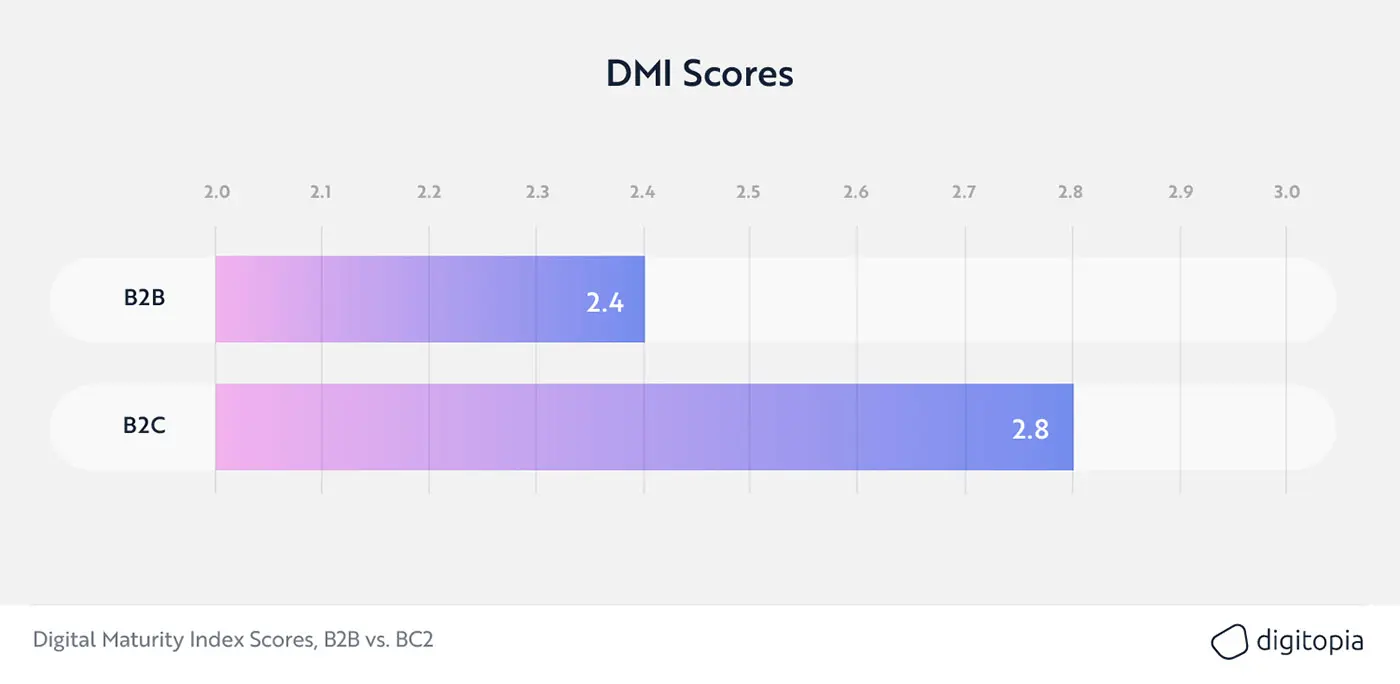
As the digital revolution continues, consumers have found themselves receiving exceptional online services, with endless customisation options and uniquely tailored experiences increasingly becoming the norm. Over time our expectations of premium service are shifting, with the standards of quality in business-to-customer (B2C) service bleeding into the business-to-business world. Companies are expecting the same level of customisation options from other businesses as they do from B2C services, which is creating its own series of problems for manufacturers and resellers.
Customised orders shift away from traditional mass production towards mass customisation, which is putting increasing pressure on sales teams, who struggle to balance buyer preferences with their knowledge of the manufacturing process- often their lack of involvement leads to strained communication and extensive communication to coordinate on orders. The sales process itself is outdated, with custom quotes and customised production increasing lead time and extending the sales cycle significantly.
These frustrations have led to the emergence of what is being termed B2B2C – business to business to customer. The idea behind this new model of service is to capture the best aspects of both models, providing consumers with the customisation options they desire while enhancing the efficiency of the production process, and reducing additional operational costs for the seller of engaging customers directly. Typically, a B2B2C model involves a manufacturer leveraging the platform of a third party to sell their product, enabling consumers to directly order from the source while also customising the product within the parameters offered by the manufacturer and receiving immediate information on any additional cost for doing so. The process of coordinating on business quotes is eliminated, with the production and sales cycles streamlined significantly as the manufacturer can deal directly with the consumer.
Recent success stories include Ubereats, which provides a platform for restaurants to sell directly to customers while also supporting the restaurant with delivery options and eliminating significant operational costs. This win-win model of delivery has seen massive growth in the last few years as restaurants are able to tap into much larger markets otherwise inaccessible due to cost of delivery and engagement.
Manufacturers that take full advantage of B2B2C are developing innovative ways of satisfying customers, such as offering visualisations of customised products on the third party platform and generating automated quotes to allow rapid turnaround in sales without significant communication required. These manufacturers are now able to manage their brand all the way to the customer, while also collecting data on their preferences to provide greater insights than ever previously possible, enabling a more effective innovation cycle.
However, not everything is perfect when applying the B2B2C model. While using a third party platform does reduce the operational costs of engaging with customers, it does not eliminate them. For complex products utilising a third party platform requires extensive technological expertise on the manufacturers part, where additional modelling features or customisation options require programming and upkeep. Likewise, capturing data as an output of the process needs the skills and knowhow in the manufacturing team to do so effectively and apply the data in useful situations. These additional costs are necessary, but often under-appreciated by manufacturers who may fail to fully utilise B2B2C systems as a result.
That being said, it is clear that the benefits of such a system massively outweigh the costs to suppliers looking to provide a superior service and customisation options to consumers- so why are we seeing a slow transition away from more traditional B2B models?
Digitopia’s own findings in the manufacturing sector yield interesting answers to the question. When interviewing manufacturing leaders, a level of inertia in changing their production and sales processes has been witnessed, largely due to their success in their current methods. Among those assessed by Digitopia, more than half of B2B organisations have no established metrics or systems in place for their approach to customer experience currently, with those that do falling significantly short of B2C organisations, scoring 2.4 on the DMI scale against B2C’s 2.8.
(See here for a link for more information on our DMI scale)

B2B companies have unprecedented access to their customers, with the opportunity to deliver a customised service with quick turnaround and sales cycles. Currently B2B companies underestimate the likely impact this technology will have in their sectors over the next 5 to 10 years, but failing to invest in the skills and systems necessary to achieve it will likely leave them unable to compete with more savvy providers that offer a personalised service.
We encourage all B2B organisations to seriously consider their customer journeys, customer experience approach and the strategy they will employ over the next decade to remain resilient in the face of dynamic competitors and increasing customer expectations. Start today, assess your organisations’ current standing and develop your roadmap for a future of service excellence.

